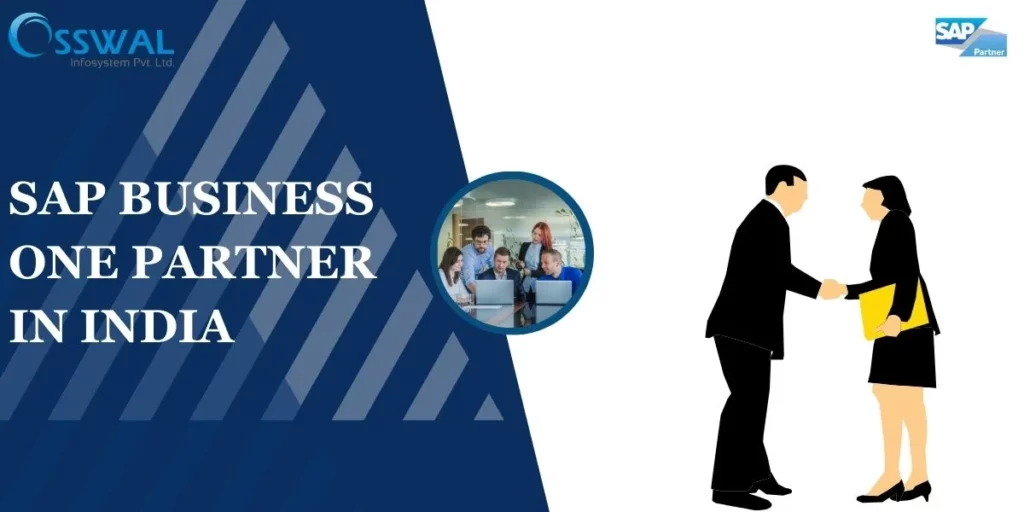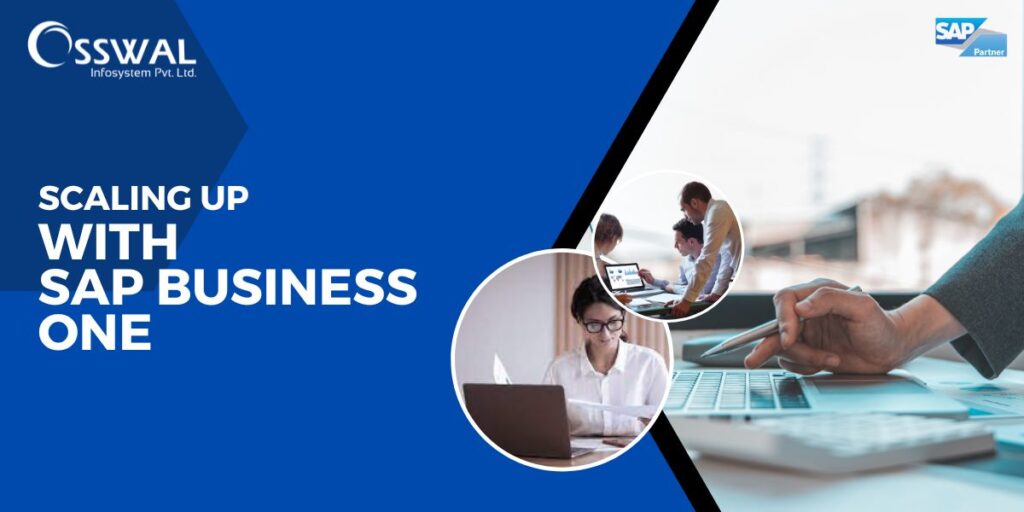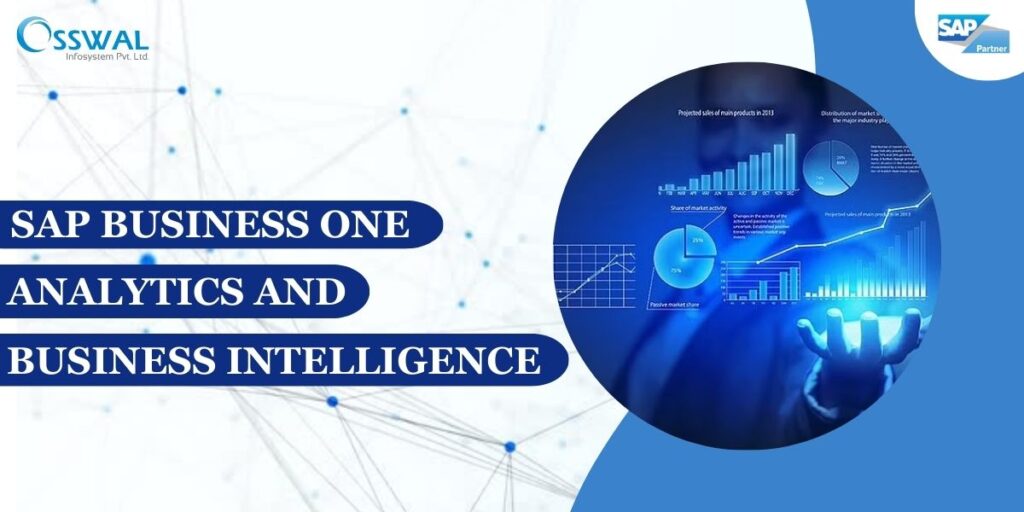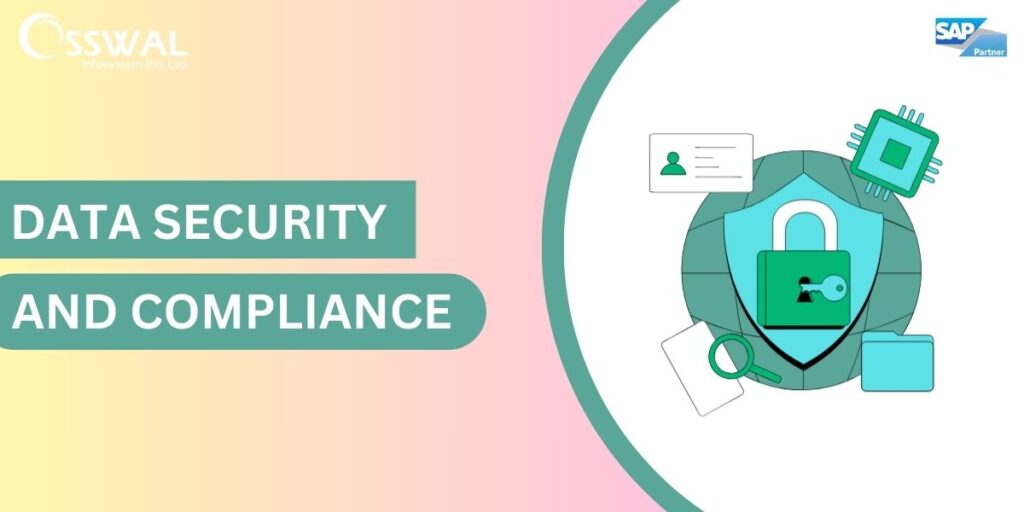An array of features and capabilities enable Microsoft Power BI, a potent business intelligence tool, to assist enterprises in deriving intelligence and insights from their data. Important features of Microsoft Power BI: Data Integration: With Power BI, users may establish connections to various data sources, including both on-premises and cloud-based. This makes it easier to […]
How is CEO Decision-Making Based on Data Assisted by Power BI? Read More »







